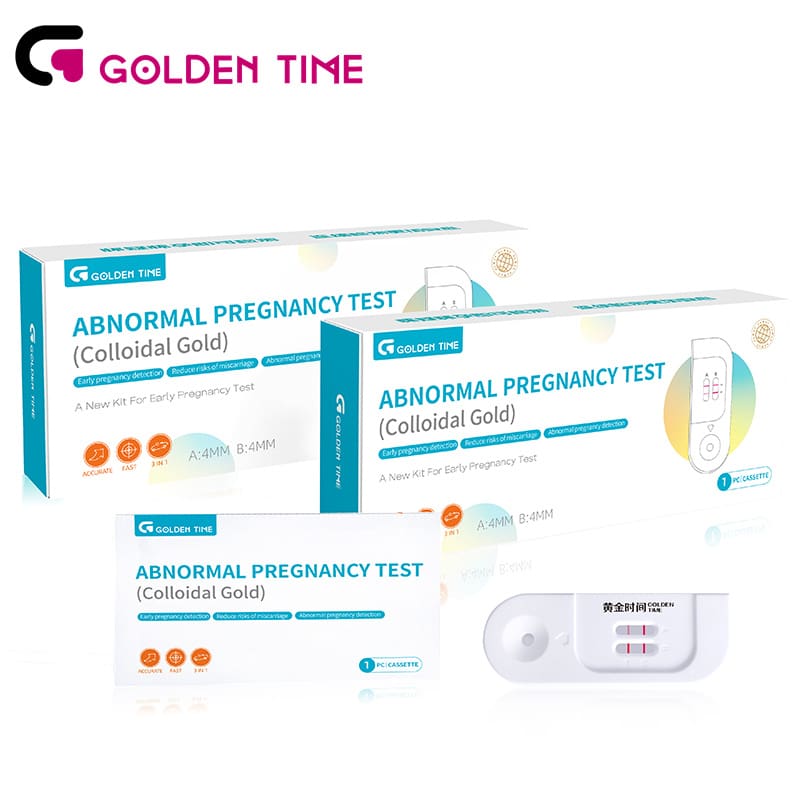
Nov . 25, 2024 10:08 Back to list
hep c virus ab blood test
Understanding the Hepatitis C Virus (HCV) Antibody Blood Test
The Hepatitis C Virus (HCV) is a significant public health concern, affecting millions of people worldwide. This virus primarily attacks the liver and can lead to serious complications, including chronic liver disease, liver cancer, and even liver failure. One of the critical tools for diagnosing and managing HCV is the hepatitis C virus antibody blood test. This article explores what the test entails, its significance, and its implications for individuals concerned about their liver health.
What is the Hepatitis C Antibody Test?
The hepatitis C antibody test, often simply referred to as the HCV antibody test, is a blood test that checks for antibodies to the virus in an individual's bloodstream. When a person is infected with HCV, their immune system responds by producing antibodies to combat the virus. The presence of these antibodies indicates that a person has been exposed to Hepatitis C, whether currently or in the past.
The test does not directly detect the virus itself; instead, it serves as an initial screening tool. If the test is positive, further testing is typically required to determine whether the virus is currently active and whether any liver damage has occurred.
Why is the Test Important?
1. Early Detection Early identification of Hepatitis C is crucial. As many individuals do not show symptoms during the early stages of infection, the antibody test can uncover cases that might otherwise go unnoticed. Early treatment can prevent serious health issues down the line.
2. Reducing Spread Understanding one’s HCV status is essential in controlling the spread of the virus. Those who test positive can take necessary precautions to prevent transmission to others, such as avoiding sharing needles or engaging in unsafe sexual practices.
3. Informing Treatment Options A positive HCV antibody test is just the beginning. Confirmatory tests will assess whether the virus is actively infecting the liver and the extent of any liver damage. This information is vital for determining the most appropriate treatment options available, such as antiviral therapies that can effectively clear the virus from the body.
hep c virus ab blood test

Who Should Get Tested?
Certain populations are at higher risk for Hepatitis C and are recommended to undergo regular testing. These include
- Individuals born between 1945 and 1965 (the baby boomer generation). - People who have ever injected drugs, even if only once. - Recipients of blood transfusions or organ transplants before 1992, when widespread screening of blood supplies for HCV began. - Individuals with certain medical conditions, such as liver disease or HIV. - Those who have a history of high-risk sexual behavior.
Understanding Test Results
After the HCV antibody test, results are generally categorized as either positive or negative.
- Positive Result Indicates the presence of antibodies to HCV. Further testing, such as a Polymerase Chain Reaction (PCR) test, is needed to confirm whether the virus is currently active. - Negative Result Generally suggests that the person has not been infected with HCV. However, if a person has been recently exposed to the virus (typically within the last six weeks to three months), they may still test negative due to the time it takes for antibodies to develop. In such cases, retesting may be advisable.
Conclusion
The Hepatitis C antibody blood test is a vital element in the fight against Hepatitis C. It provides essential information about a person's health and potential risk for serious liver disease. With ongoing advancements in medical research, the availability of effective treatments has improved the outlook for individuals diagnosed with HCV. Awareness and timely testing can lead to better health outcomes, reducing the burden of this virus on individuals and healthcare systems alike. If you believe you may be at risk for Hepatitis C, consider discussing testing options with your healthcare provider. Early action can make all the difference.
-
One Step LH Ovulation Test Kit - Accurate & Easy At-Home Fertility Tracking
NewsJul.25,2025
-
Sterile Urine Cup for Accurate Specimen Collection | Leak-Proof Design
NewsJul.24,2025
-
High Quality Cassette Lateral Flow for Accurate Testing Solutions
NewsJul.23,2025
-
Malaria PF / PAN AG Rapid Test – Accurate & Fast Malaria Diagnosis
NewsJul.22,2025
-
Accurate LH Ovulation Test Strips for Easy Fertility Tracking
NewsJul.21,2025
-
Rapid Influenza A/B Antigen Test Kit | Fast & Accurate Diagnostic Solution
NewsJul.20,2025
